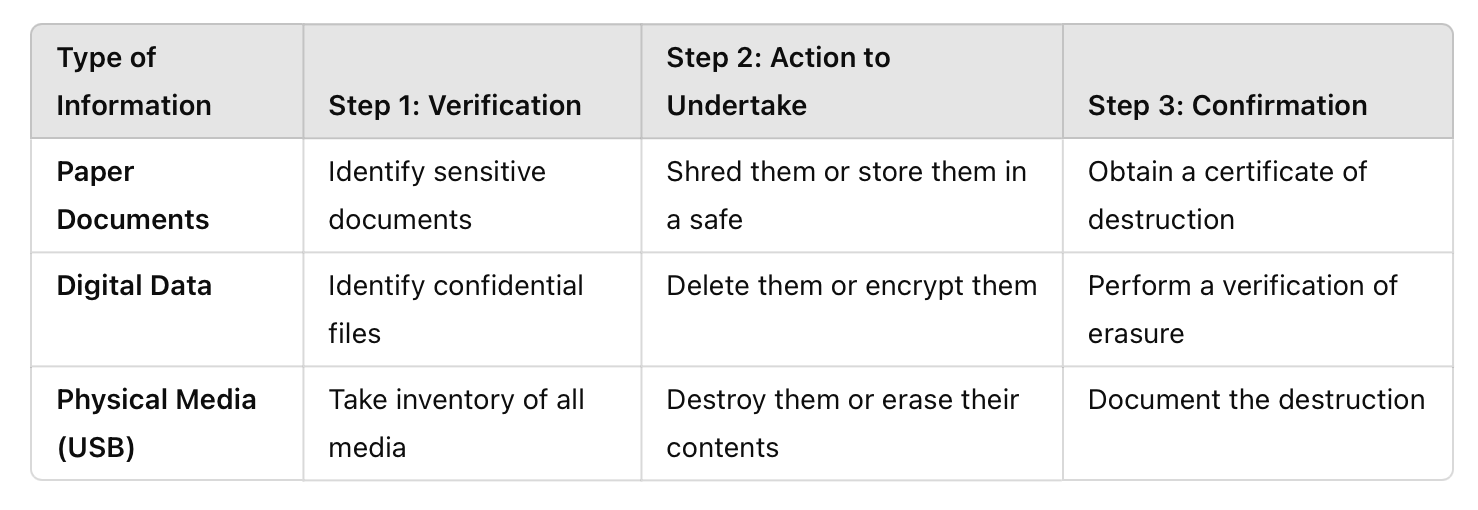Drawing up a confidentiality agreement: complete guide
Introduction: the importance of a confidentiality agreement
Did you know why a NDA is crucial in your partnerships?
The confidentiality agreement, or NDA (“Non-Disclosure Agreement”), is an essential contract that guarantees the protection of sensitive information, particularly trade secrets , exchanged between several parties. It establishes rules for the use and non-disclosure of transmitted data, thus safeguarding the interests of all parties in a variety of professional contexts.
In this guide, we explore the situations in which an NDA is essential, the elements to include for accurate drafting, and the penalties applicable in the event of breach.
I. Why draft a confidentiality agreement in France?
An NDA is required when confidential information is shared in the following situations:
- Confidential discussions : during negotiations prior to signing a contract.
- During legal proceedings : to protect shared data in a contentious context.
- When transferring know-how : sharing technical information (generally linked to a patent).
- Scientific collaborations : guaranteeing confidentiality in joint research.
- When selling a company : protecting sensitive data during due diligence.
II. Essential elements of an NDA in France
1 - Defining confidential information
Confidential information must be clearly defined :
- Broad definition : Includes all data exchanged, but beware of legal risks.
- Marking of information : Real-time identification of sensitive data.
- List of categories : Ideal for companies managing several types of information.
- Specific identification : Precise for limited secrets.
2 - Information processing
The recipient must :
- use the information only for its intended purpose ;
- prevent disclosure to unauthorized third parties.
Return or destruction of information
Provide for the destruction or return of data at the end of the collaboration.

Non-disclosure obligation
- • Nature : Obligation to do (take measures) or not to do (not disclose).
- • Duration : clause specifying the duration of the commitment.
- • Penalties : include a penalty clause to deter breaches.
FAQ: Frequently asked questions
1. What's the difference between an NDA and a confidentiality clause?
An NDA is a separate contract specific to confidentiality, whereas a confidentiality clause is included in a main contract.
2. Is it mandatory to have an NDA to share information?
No, but it is strongly recommended to use one to protect your interests.
3. How long is an NDA valid?
The duration must be specified in the contract. If it is not, it can be considered indefinite, but can be terminated with reasonable notice.
4. Can a standard model be used for an NDA?
Yes, but it must be adapted to each situation to be effective.
Conclusion
Drawing up a confidentiality agreement is a crucial step in protecting your sensitive business information. By specifying obligations, duration and sanctions, you are putting in place a powerful tool to avoid conflicts and safeguard your interests.
Download a customizable NDA template here.